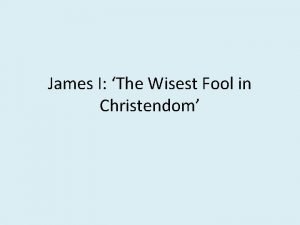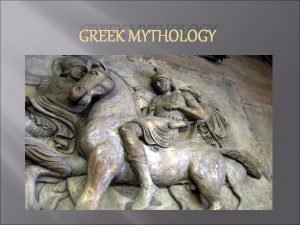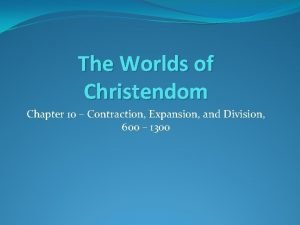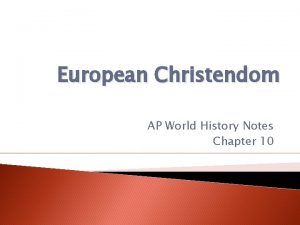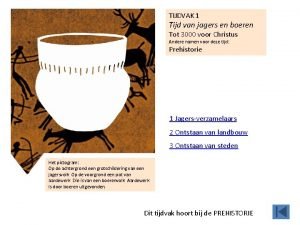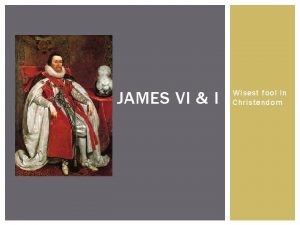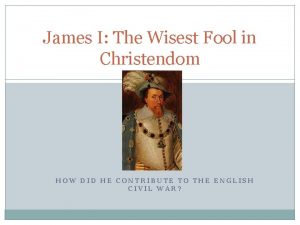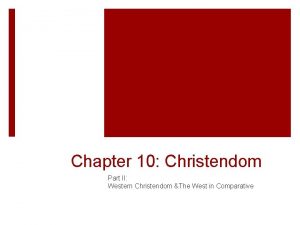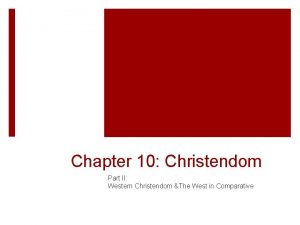James I The Wisest Fool in Christendom What






- Slides: 6

James I: ‘The Wisest Fool in Christendom’

What do you think of James I? Areas of his reign Religion Foreign Policy Finance Relationship with Parliament Wisest Fool

LO: To understand how successful James I was as a King of England

Whig view of James I • Universally dim view of James • Thomas Bagington Macaulay, Samuel R Gardiner and George M Trevelyan saw his relationship with parliament as marked by tension and conflict and, for that reason, located the origins of the Civil War in this period. • James’s commitment to Divine Right monarchy, coupled with his lack of political skill, brought him into conflict with a House of Commons that was determined to assert its prerogatives and establish for itself a say in government. • Not only were they mounting an attack on the crown; they were, according to Wallace Notestein, “winning the initiative”. He identified parliament’s withholding of supply to get redress of grievances, use of impeachment, and insertion of an appropriation clause in the 1624 Subsidy Bill as evidence to substantiate his argument.

Revisionism • Revisionist historians have challenged that assessment of James’s relationship with parliament. • Conrad Russell, J P Kenyon and B Coward have all painted a more positive impression of James’s abilities as a monarch and have stressed the harmony that existed between crown and parliament during his reign. • In ‘Parliamentary History in Perspective’ (1976) Russell demolished the Whig thesis. He claimed that parliament was a weak and declining institution, its members lacking any coherent constitutional ambition. When it appeared to assert itself, as in the case of impeaching Middlesex or inserting an appropriation clause in 1624, these moves were in fact instigated by court factions. • Did parliament harbour any ambition to establish for itself a greater say in government: ‘parliament’, declared Russell, ‘was an event, not an institution’.

Post-revisionism • Post revisionist historians such as A Hughes, T Cogswell and R Cust and Pauline Croft writing in the 1980 s or later, have challenged some aspects of the revisionist interpretation. • They have asserted that there was genuine constitutional conflict in the reign of James I, and that parliament perceived themselves as representatives of a people whose liberties were threatened by the ambition of monarchy. • They acknowledge the positive achievements of James but also hold him responsible for poor judgement and over-confidence
